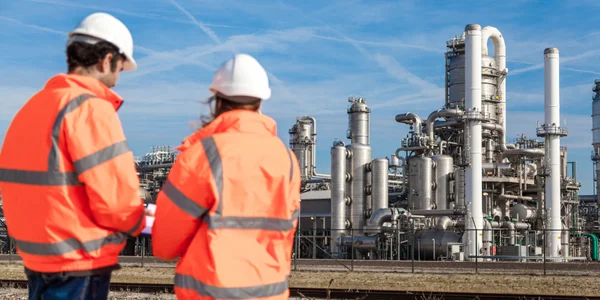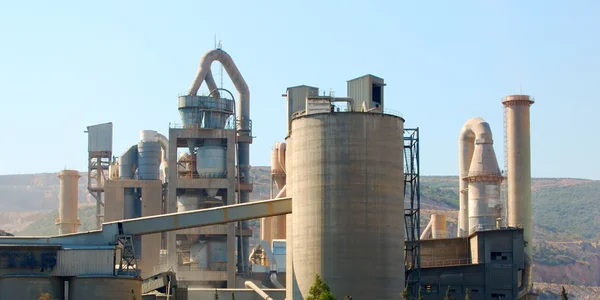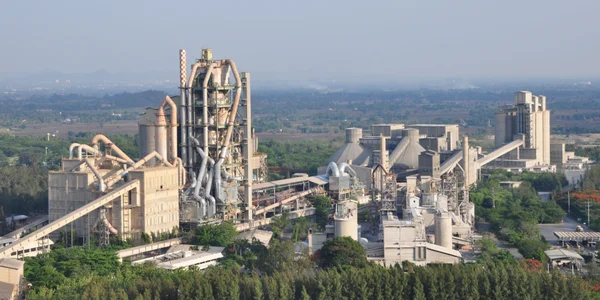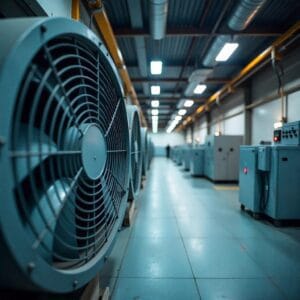Kantoren
HOOFDKANTOOR

Duitsland
- Intensiv Filter Himenviro Technologies GmbH
Neustraße 45 - 49, 42553, Velbert, Duitsland/Duitsland - +49 20534200990
REGIONAAL KANTOOR

Groot-Brittannië
- Intensief filter Himenviro UK Limited
47, Bath Street WS13BX, Wallsall West Midlands, Groot-Brittannië - +44 1922 628893
REGIONAAL KANTOOR

Verenigde Arabische Emiraten
- Intensieve filter Himenviro Technologies FZE – LLC
Businesscentrum, Sharjah Publishing City Free Zone, Sharjah, VAE - +971-556074697
REGIONAAL KANTOOR

Indië
- Intensief-Filter Himenviro Private Limited
D-247/11, Sector-63, Noida - 201301, Uttar Pradesh, India - +91-120-4642-500
REGIONAAL KANTOOR

Indië
- Intensief-Filter Himenviro Private Limited
D-247/11, Sector-63, Noida - 201301, Uttar Pradesh, India - +91-120-4642-500
REGIONAAL KANTOOR

Indië
- Intensief-Filter Himenviro Private Limited
D-247/11, Sector-63, Noida - 201301, Uttar Pradesh, India - +91-120-4642-500
Oplossingen voor lucht- en stoffiltratie in de energieopwekking
Elektriciteitscentrales, of ze nu op kolen, gas of hernieuwbare energie draaien, genereren tijdens hun werking aanzienlijke emissies en fijnstof. Luchtverontreinigende stoffen Uit verbranding, koelsystemen en materiaalbehandeling kunnen gezondheidsrisico's opleveren, bijdragen aan milieuvervuiling en de efficiëntie van de centrale beïnvloeden. Onze lucht- en stoffiltratieoplossingen zijn speciaal ontworpen om te voldoen aan de strenge eisen van de energiesector. Door schadelijke emissies, fijnstof en gassen af te vangen, helpen onze filtratiesystemen energiecentrales te voldoen aan milieuvoorschriften, de gezondheid van werknemers te beschermen en de operationele prestaties te verbeteren.
Proces in de cement- en mineralenindustrie
Energieopwekking Installaties vertrouwen op lucht- en stoffiltratieoplossingen om optimale prestaties en een lange levensduur van hun apparatuur te garanderen. Dit proces bestaat uit meerdere fasen. Ten eerste wordt de inlaatlucht gefilterd om grote deeltjes, kleinere deeltjes en microscopisch kleine verontreinigingen te verwijderen. Ten tweede worden de uitlaatgassen behandeld om fijnstof en schadelijke gassen te verwijderen. Ten slotte wordt de koellucht gefilterd om verontreinigingen te verwijderen en de warmteoverdracht te verbeteren. Deze filtratiesystemen spelen een essentiële rol bij het handhaven van de betrouwbaarheid en de milieu-impact van energiecentrales.
Toepassingen voor stofbeheersing in de energieopwekking
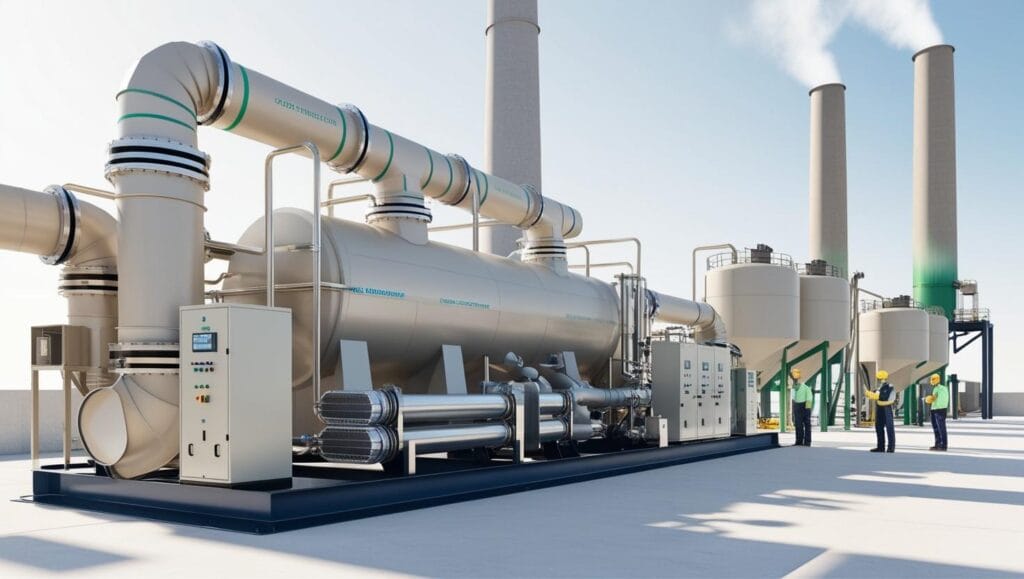
Vermindert de uitstoot van fijnstof en schadelijke gassen bij verbranding. Zo zorgt u voor schonere uitlaatgassen en voldoet u aan de milieuregels.
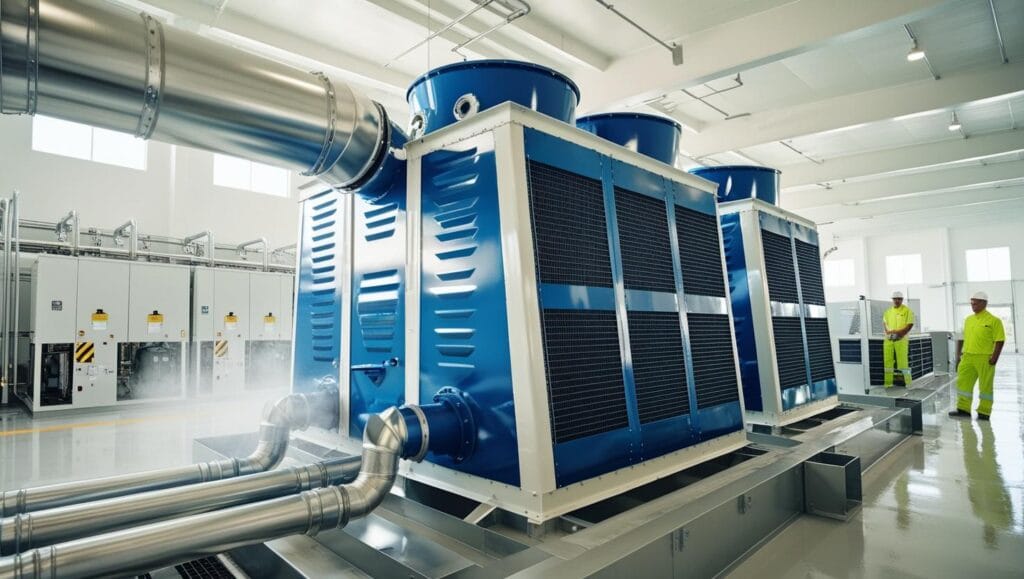
Vangt stof en deeltjes op die vrijkomen bij koelprocessen. Zo wordt schade aan apparatuur voorkomen en wordt de lucht in de omgeving schoongehouden.
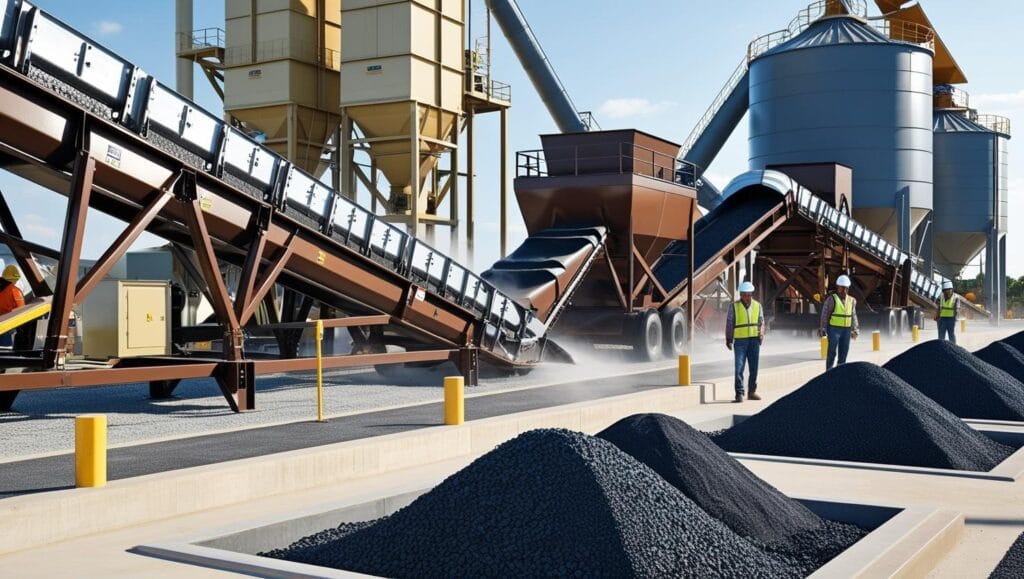
Beheerst stof dat ontstaat tijdens het transport, de opslag en de behandeling van steenkool en andere brandstoffen, en voorkomt verontreiniging en milieuvervuiling.
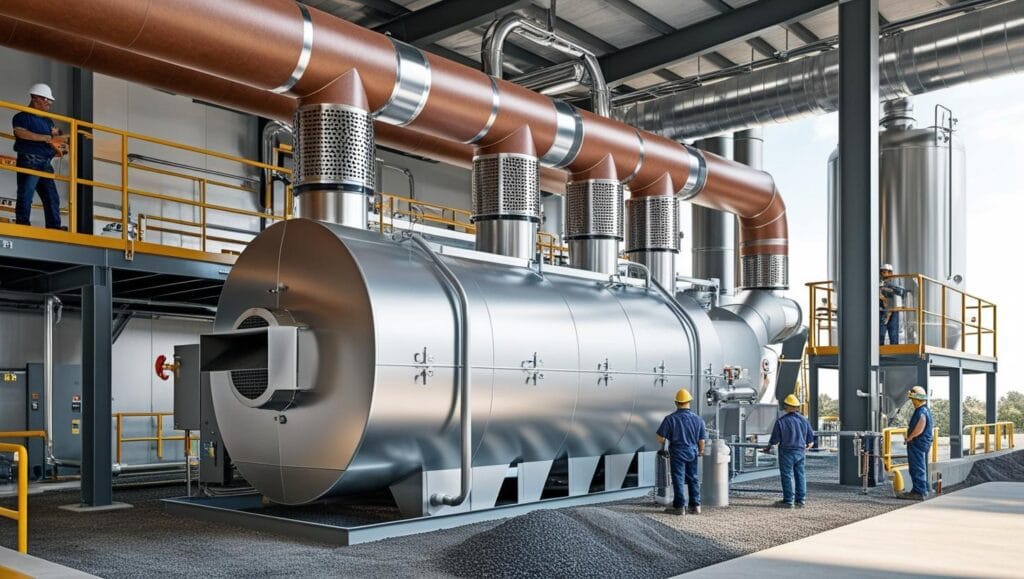
Filtert efficiënt de lucht in ruimtes met hoge temperaturen en verwijdert deeltjes en verontreinigende stoffen uit de uitlaatsystemen van ketels en ovens.
Regelgevingslandschap voor stofbeheersing |
|---|
Naleving van luchtkwaliteitsnormen |
Naleving van de gezondheids- en veiligheidsvoorschriften voor werknemers |
Preventie van brand- en explosiegevaar |
Naleving van milieubescherming |
Realtime emissiemonitoring |
Hitte- en chemische bestendigheid |
Minder uitvaltijd en onderhoudskosten |
Productintegriteit en consistentie |
Lagere operationele kosten |
Uitdagingen op het gebied van stofbeheersing |
|---|
Hoge niveaus van fijnstofemissies |
Het beheersen van ademhalingsrisico's voor werknemers |
Voldoen aan strenge milieuvoorschriften |
Verbrandings- en explosiegevaren |
Behoud van productkwaliteit en zuiverheid |
Corrosieve materialen en extreme temperaturen |
Steenkool- en brandstofstof |
Hoge stof- en dampontwikkeling |
Uitvaltijd vanwege systeemonderhoud |
Belangrijke overwegingen voor effectieve stofbeheersing |
|---|
Geavanceerde filtratietechnologieën |
Hogetemperatuurfiltratiesystemen |
Stofbeheersing op kritieke punten |
Energiezuinige systemen |
Realtime emissiemonitoring |
Duurzame en corrosiebestendige materialen |
Regelmatig onderhoud en inspectie |
Afvalverwerking en -beheer |
Maatwerkoplossingen voor verschillende brandstoftypen |
Neem contact met ons op voor deskundig advies
Ontdek onze andere diensten!
Veelgestelde vragen
Energiecentrales die kolen, olie of biomassa verbranden, stoten grote hoeveelheden rookgas uit dat rijk is aan deeltjes. Deze moeten efficiënt worden gereinigd om te voldoen aan emissienormen en de volksgezondheid te waarborgen. Geavanceerde filtratie beschermt turbines, warmtewisselaars en andere apparatuur tegen schurende afzettingen en vervuiling, wat de betrouwbaarheid verbetert, onderhoud vermindert en de naleving van de regelgeving ondersteunt. Filtratie maakt het ook mogelijk om waardevolle bijproducten zoals vliegas terug te winnen, die kunnen worden hergebruikt in cement- of bouwtoepassingen.
Grootschalige bedrijven vertrouwen vaak op elektrostatische precipitators (ESP's) voor het verwijderen van vliegas, omdat ze grote gasstromen en deeltjes tot submicrongroottes kunnen verwerken met een efficiëntie van meer dan 99 µTP3T. Stoffilters met filterzakken worden steeds vaker gebruikt – zowel standalone als als ESP-retrofit – dankzij hun robuuste efficiëntie bij fijnstof. Cycloonafscheiders en nevelafscheiders reinigen zware deeltjes vóór de stof- of elektrostatische systemen. Vloeistoffiltratiesystemen zoals coalescers en condensaatpolishers zijn essentieel voor turbinesmering, koelwater en brandstofverwerking.
Filtratiesystemen voor elektriciteitscentrales zijn ontworpen om bestand te zijn tegen uitdagende rookgascondities, zoals silicarijke as, corrosieve condensaten of kleverige deeltjes. Inlaatsecties en trechtervoeringen bevatten vaak slijtvaste materialen. Vochtbestendige of gecoate media worden gebruikt in zakfilters, en hetegas-ESP's of droge filtratietechnieken voorkomen condensatie. Dergelijke verbeteringen verlengen de levensduur van componenten aanzienlijk en zorgen voor consistente prestaties.

